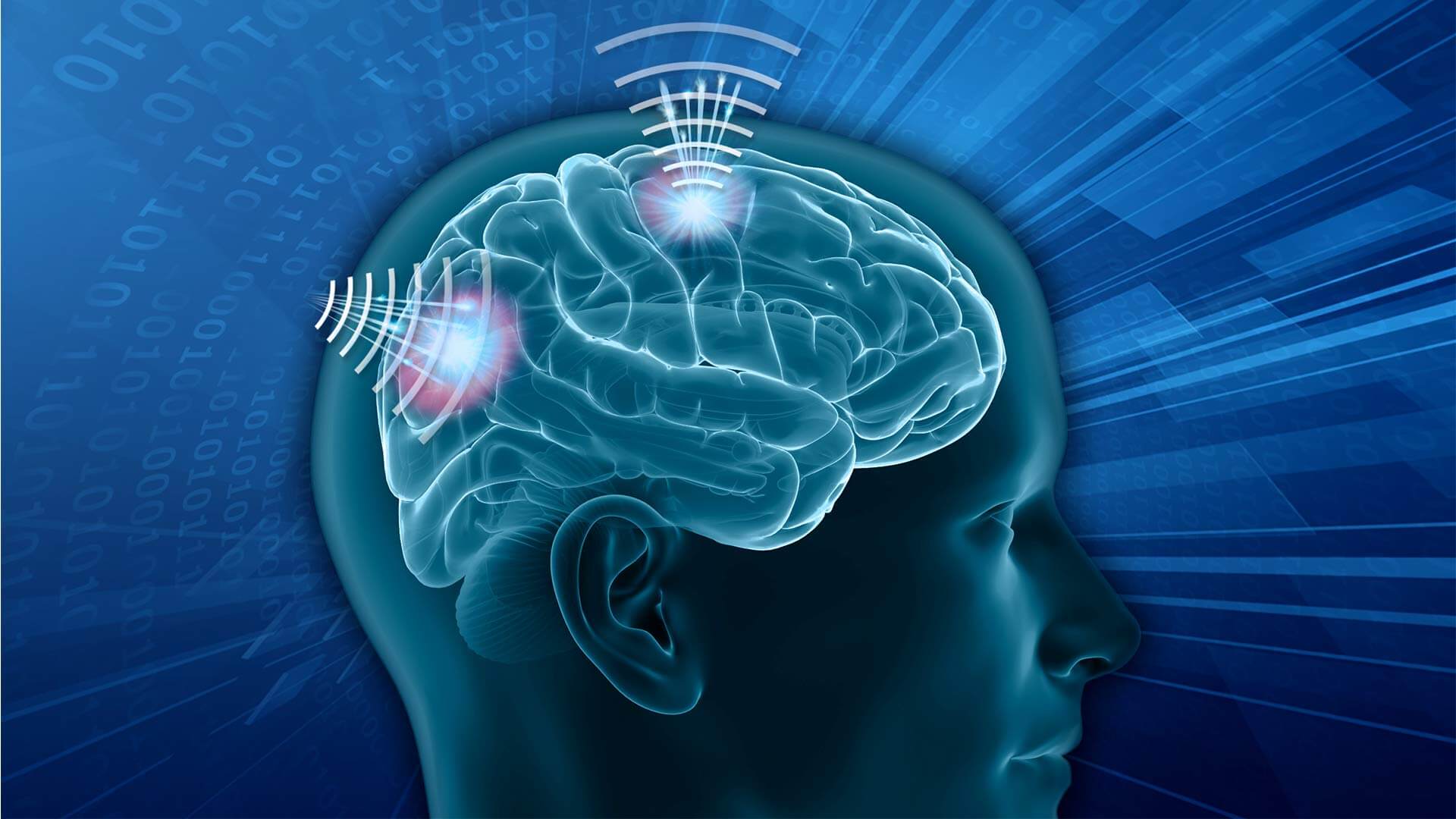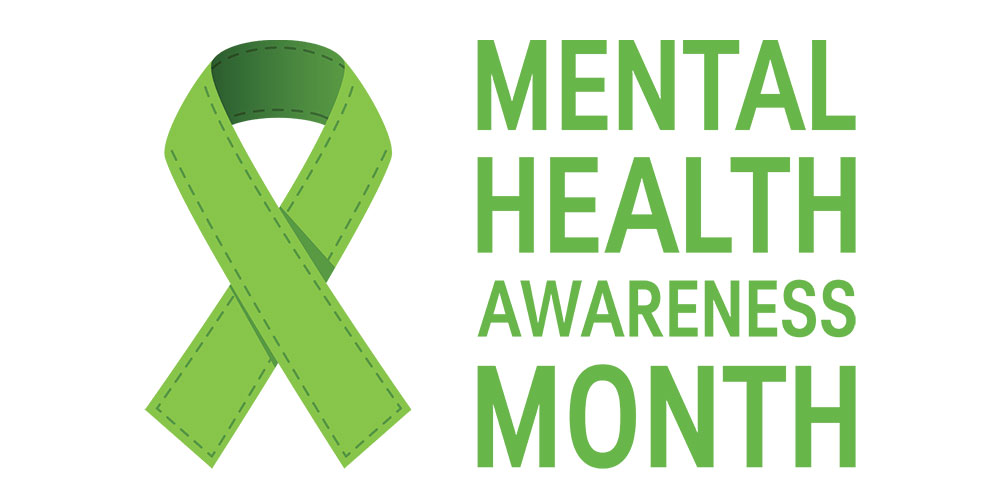Will We Ever “Cure” Mental Health?
Moving On
The Importance of Clarity
Mental Health Awareness Month
Will We Ever “Cure” Mental Health?

We get asked often by many people: Will we ever cure mental health problems? Are depression, anxiety, and schizophrenia like smallpox in that they can be permanently eradicated?
To be honest, we love this question.
It shows people are thinking the way we do. It shows people have an active interest not only in treating or managing their conditions, but in being rid of them. It demonstrates the idea of a better world, where specific, beneficial goals are attainable. And most importantly, it helps us reaffirm our commitment to a world free of mental health problems.
For many patients who struggle with these conditions, the idea of being rid of them permanently is tantamount to living a new life. It can be like being reborn, and being free to be happy. In short, we like to believe it’s possible, and it is something we actively work toward. We believe it can, one day, be possible to cure mental health issues the same way we’ve cured countless diseases in the past.
It’s a lofty goal, and we don’t claim it’ll happen soon, or even how it will happen. But we want people to know we believe in service, we believe in helping, and we believe they can be everything they want to be, and get all the things they need. We’re also holding out for, and helping build a future, where mental health challenges are curable.
Whether those cures take the form of medicinal or therapeutic interventions is still unknown. At Alivation, we’ve routinely taken a mixed approach, combining such treatments as prescriptions and TMS at the same time if it was best for the patient. We’re about finding what works and pursuing that on an individual basis for each person. No treatment will likely ever be universal, and we’re engaged in finding the unique services that reach more people more effectively.
What’s most important here is the pursuit of better things, and the pursuit of a world free of conditions that detract from our lives. Mental health challenges, like various diseases or debilitating conditions, is best dealt with when it is understood and treated with compassion and patience. If and when mental health challenges are deemed fully curable, Alivation will likely be at the forefront of this development. We’re dedicated to making it happen, and we’re especially dedicated to helping every patient achieve Next Level You.
Moving On

It’s a very unique challenge to move on after a big change.
With more stores and companies opening back up after COVID, and a return to normalcy looming, we not only begin the process of returning to life, but returning to our headspace. It’s a useful metaphor for any experience in life: What do we take with us, and what do we leave behind? How do we cope?
It’s tempting to want to forget it all when it happens. Nothing but a bad dream. But maybe we shouldn’t forget; maybe we should see these trials and troubles as formative, as part of our DNA. The struggles we go through help define us, help define us in relation to others. In a way, our struggles help us move on.
When we have trials by fire, or tough experiences, they can help us see clearer what we couldn’t see before. When we undergo stress, it can help us change our vision on the world and those around us. Losing can help us appreciate what we have, and when we get it back, we treasure it all the more for what it is. Normal realities become precious.
The answer seems to be that we never really move on, at least fully. And that’s okay. Wounds become scars, and what we tore down can heal and be made new. We should take with us what we want, and what we need, and not be scared to share with others our experiences and how we formed who we are. We have lots of roads to walk in life, and lots of places we can go or flee from. Consequently, we have a lot of choices to make.
We hope everyone can cope. We hope everyone can successfully move on when they want, or linger on the things they should. May is Mental Health Awareness Month, and it’s an excellent time to introspect on who we are, what we want, where we’re going, and why it all matters. Strategies to cope and heal are essential. As long as we’re alive, we’ll have hardships and challenges.
That’ll all be okay, as long we process it. How we process it will be unique to each person, which makes it that much more valuable and tough to define. But when we define it, and when we master it, we’ll have the strength and the ability to move on the way we should.
The Importance of Clarity

With May being Mental Health Awareness Month, it’s a good time to focus not only on mental health challenges, but solutions. It can be easy to get into brain fog, or to cycle in depression and anxiety and be unable to see a way out. It’s when we see clearest that we’re happiest. And when we’re depressed or anxious, there is no gift better than clarity.
We take it for granted when we have it, but we should cherish the ability to see the world clearly. We should celebrate when we’re able to examine our successes, failures, relationships, and goals accurately and fairly. We should remember how even though we often see the world through our various perspectives, we can still break free to clarity.
We hear many competing ideas and scenarios each day. We hear dozens of different viewpoints, ideologies, and facts. We have trouble making sense of the world when we can’t keep competing things separate, or when our own minds tell us things we know to not be true, and vice versa. This is how mental clouds form, and how we get confused, angry, sad, hurt, and sometimes broken if we let it wear us down too much.
The key is to try and think clearly through it, to focus on facts we know to be true, and to take the deep breaths we need that’ll help calm us. A restless mind is too eager to latch onto fear or uncertainty, too quick to discard the good and keep the bad. A depressed mind has trouble seeing what others see with ease. Anxiety turns everything into mire.
But when we take stock of what we have, focus on relationships, goals, and successes, establish rules we can live by, and practice healthy principles, we start to find the clarity we need. We start to break free. When we remember how much we’re worth to others, and how much they mean to us, we start to focus on what matters. When we let others help us, we become stronger. We can’t always think through it; we often must feel it.
It can be difficult to do so, like trying to follow a thread in the dark. But when we do, and when we find what we’re looking for, and see clearly, it makes it all worth it. When we give ourselves back the gift of clarity, we not only give ourselves what we need, but what we deserve. And with clarity, we can help others find this gift in kind.
Mental Health Awareness Month

Every year, millions of Americans suffer with a mental illness.
Alivation sees thousands of people a year. They tell us their struggles, and we can often relate. They range from depression to OCD to bipolar disorder to schizophrenia. There isn’t a clear diagnosis or stereotype. There isn’t one type of illness, one type of challenge. We don’t have consistent demographics.
Anyone who has a brain can have a mental health challenge, which makes it the entire planet. We’re sometimes used to not acknowledging this fact; mental health is for other people. We’re strong and healthy. Sometimes we’re led to believe a mental health struggle means a personal weakness, or a failing. It isn’t. If you’re struggling, it doesn’t mean you’ve failed at anything. It just means you have choices to make.
Every May, we acknowledge simple truths about mental health and raising awareness of its causes and conditions. Mental Health Awareness Month is a chance for us to reclaim the definitions and the struggles we face. It’s a chance for us to continue the fight to be better, to help others, to grow. It’s a chance for us to ease the stigma over something we can all face in our lifetime.
It’s a time when Alivation renews its call to end the stigma and the judgment around mental health challenges. We always need to step up to help others, and to keep patients in our minds first and foremost. Many of us who work here have mental health challenges ourselves; some of us are even patients. We practice what we preach. It makes us better caregivers to share in the struggle, to see what the depressed see, and to look through anxious eyes.
This May, it’s even more urgent that we renew our campaigns. The mental health calamities of COVID are only now beginning to be understood and felt. We’re seeing upticks in depression and anxiety, stress, and suicidal feeling. We’re struggling to make sense of a world that changes radically with little warning. We’ve stayed open during it, offering services in the office as usual or via telehealth. We won’t abandon you. We can’t, because we won’t abandon ourselves, either.
This May, take time to understand mental health. Reach out to those with a struggle. If, like many, you’ve erected walls to hide your own mental health challenges from others, consider tearing them down. If you feel trapped in a cycle of guilt or shame or anxiety, break free and help others to do so. Help show that stigma has no place here. Help educate the world and your friends and loved ones. Visit https://www.nami.org/Get-Involved/Awareness-Events/Mental-Health-Month to learn more or get involved in specific campaigns.
Our world and our health need your activism now more than ever. We need everyone to care, and to help. Help us, and help your neighbors and your loved ones. Free us of stigma, and let’s build a better, healthy planet this year. Call 402-476-6060 today to schedule an appointment. If you’re struggling mentally and need more immediate assistance, call the Suicide Hotline at 1-800-273-8255.
